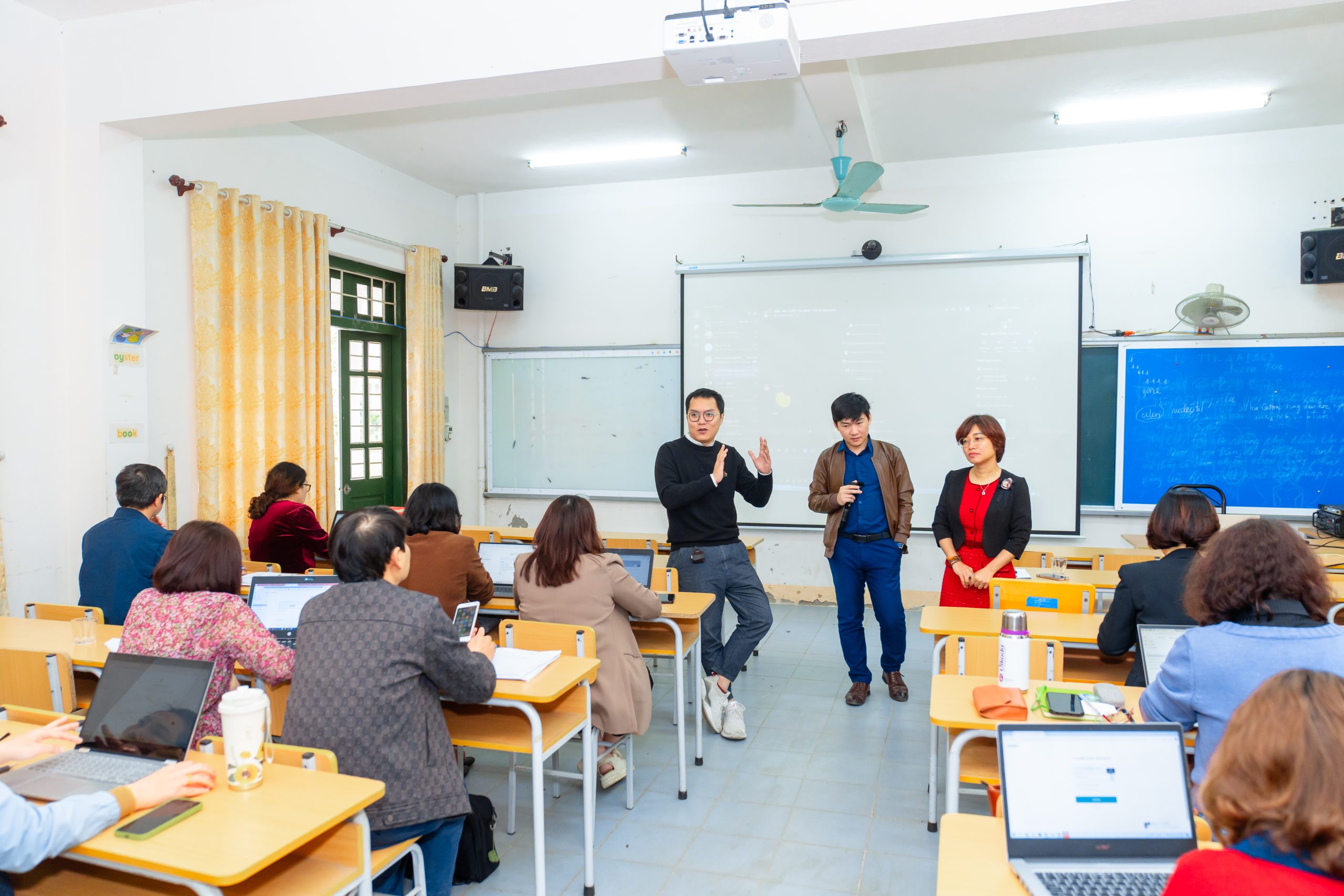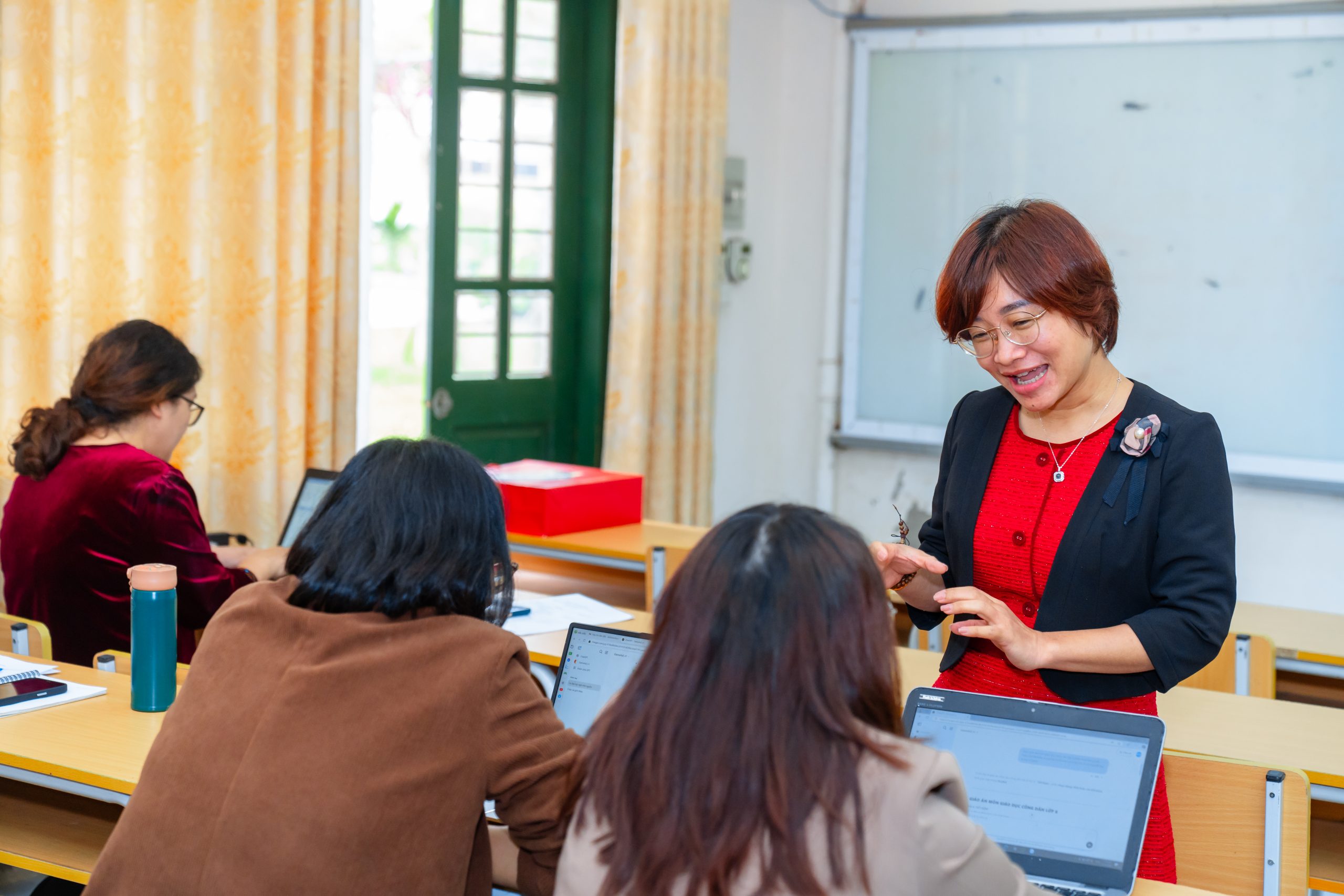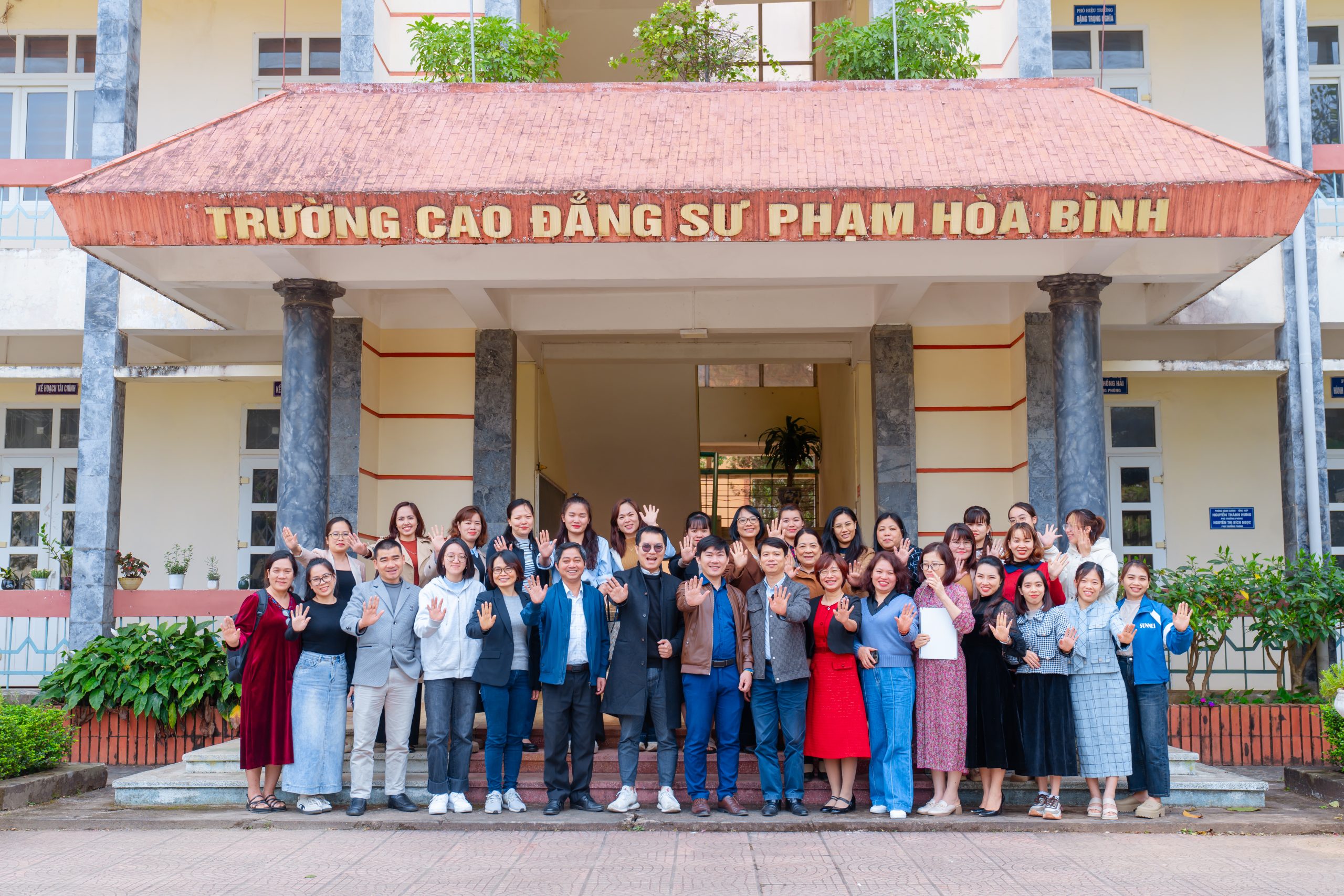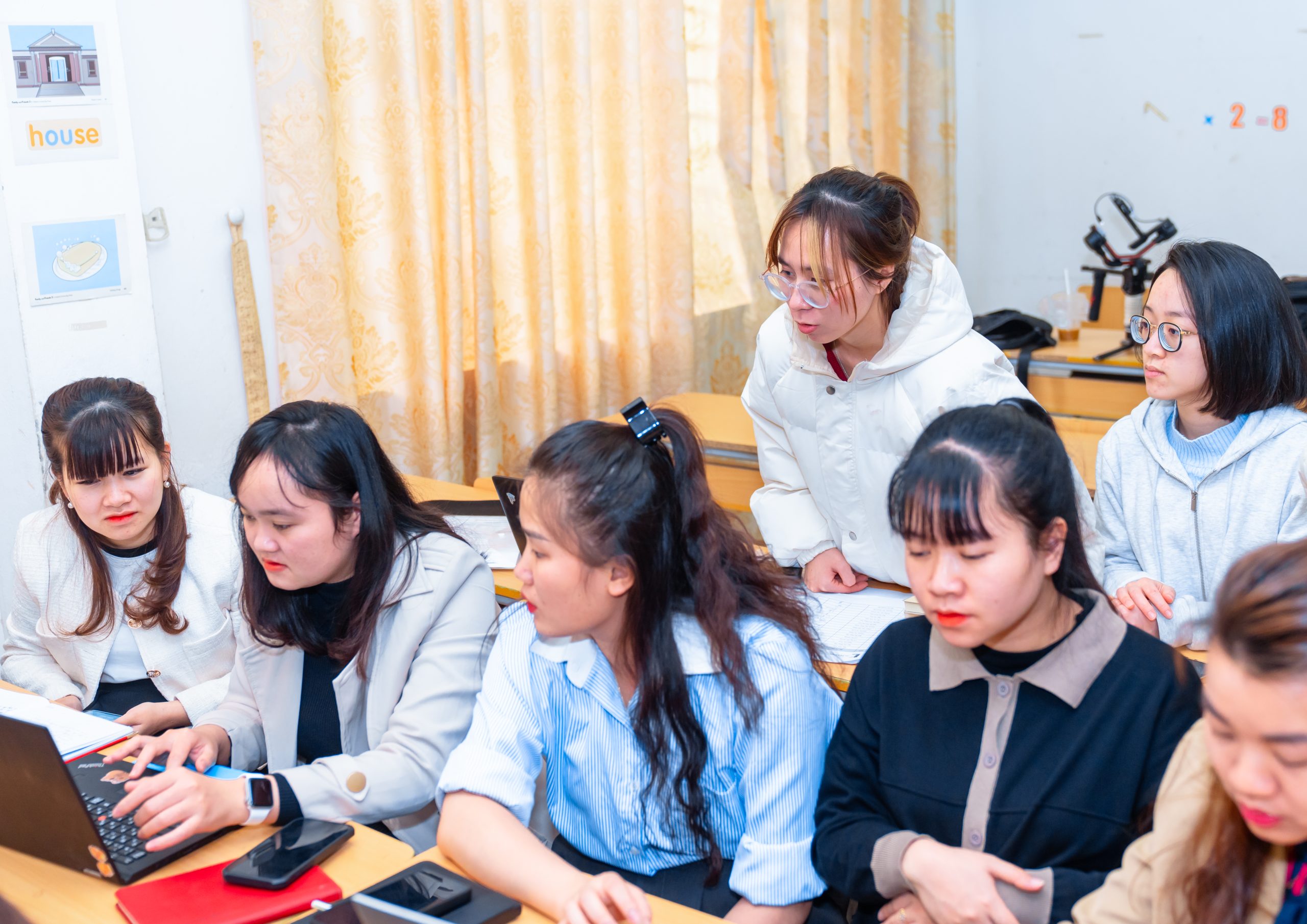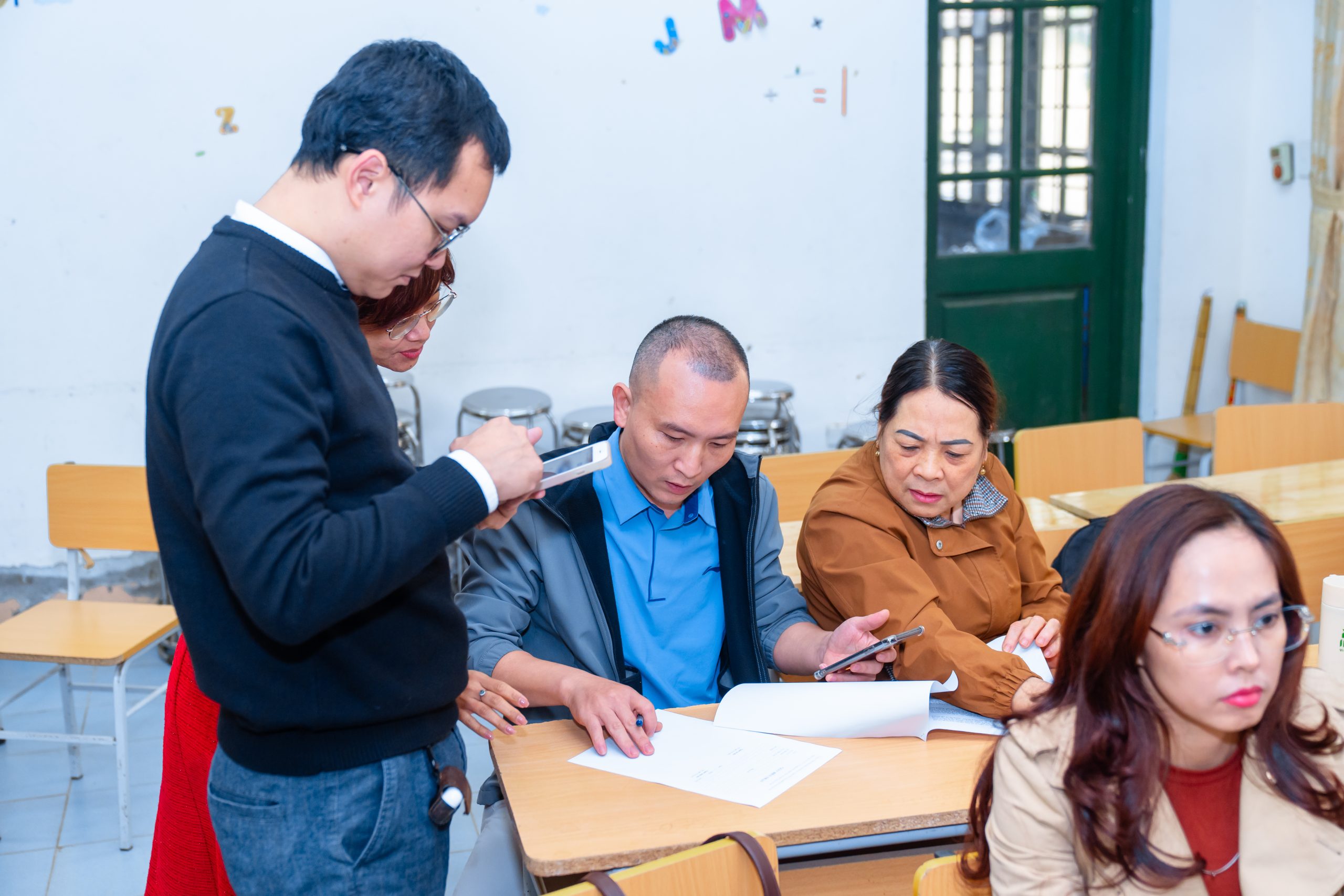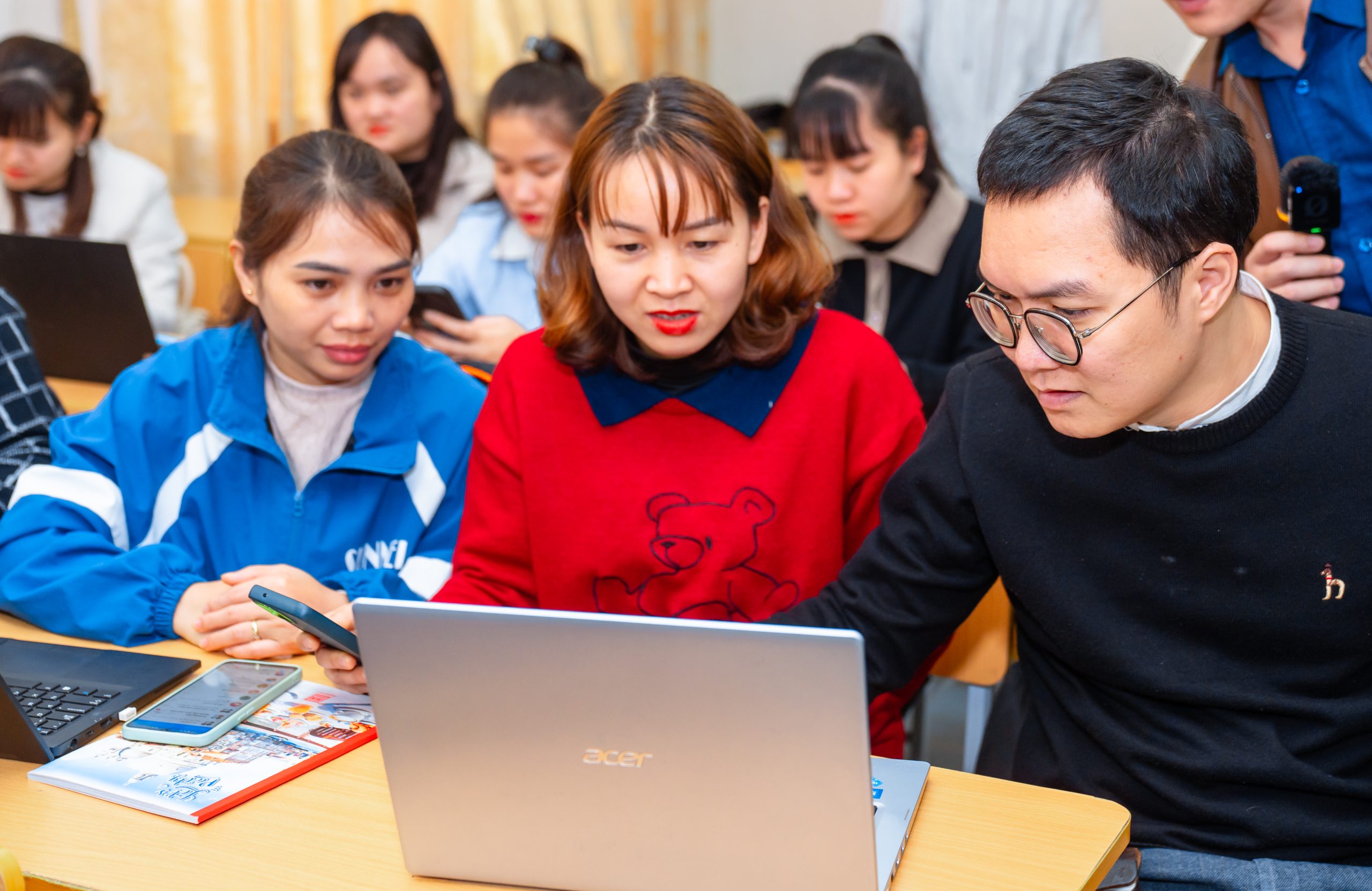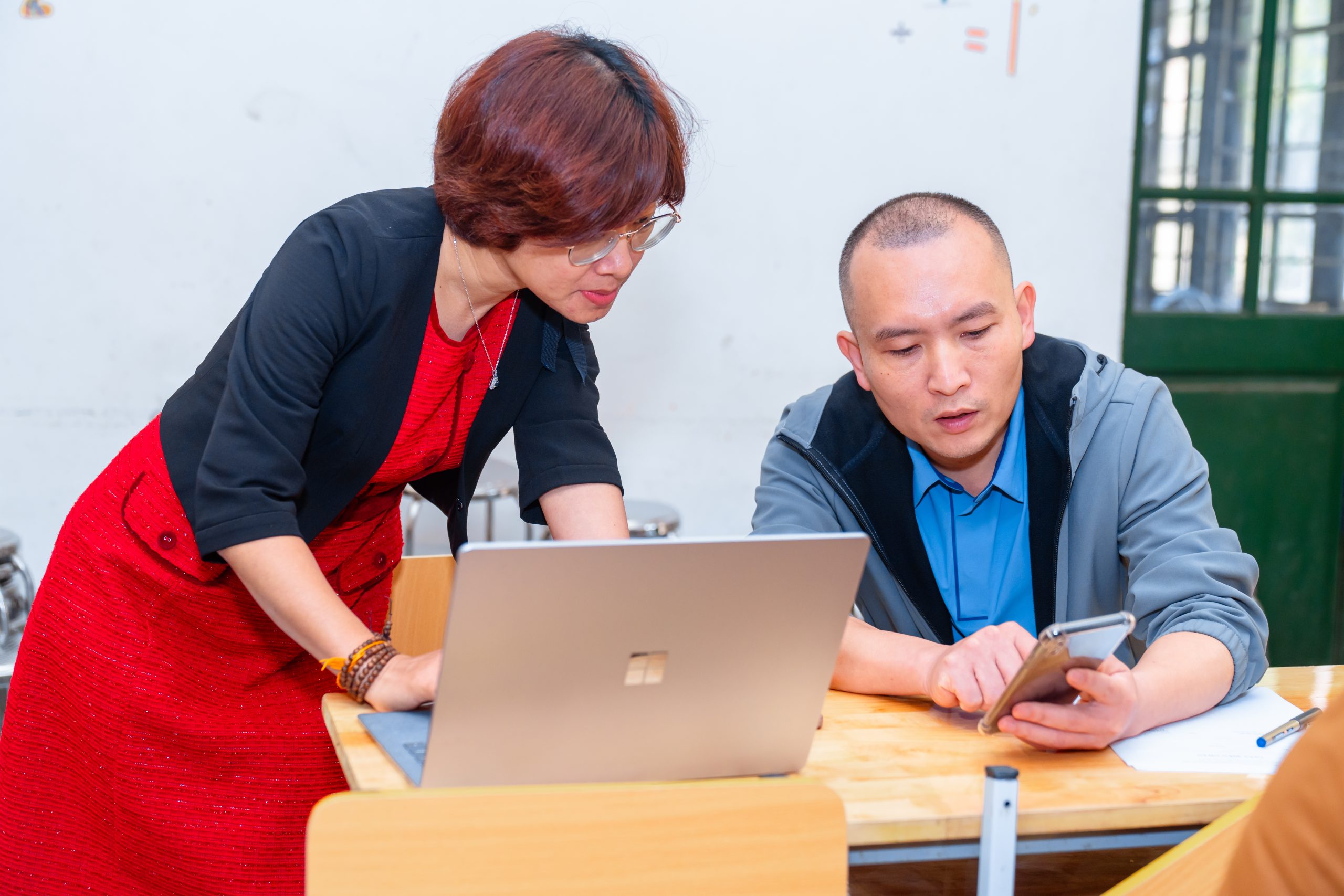In March 2025, the first GameAid Workshop brought together a group of educators and educational professionals to explore how Generative AI (GenAI), and Serious Games can enhance teaching and learning. The workshop offered valuable insights into participants’ perceptions, experiences, and needs when it comes to integrating these emerging technologies into educational settings. Through a combination of surveys and in-depth interviews, the workshop painted a vivid picture of both the promise and the practical challenges of using GenAI in the classroom.
Participants generally described their teaching environments as moderately well-equipped and supportive. While many appreciated the flexibility and collegiality in their professional settings, they also noted significant obstacles such as outdated technology, heavy workloads, and limited access to ongoing professional development. These issues often created barriers to adopting new tools like GenAI, even when interest was high.
Very few participants had prior training in GenAI, though those who did found it to be effective and relevant. For most, however, a lack of time and clear opportunities held them back. Some had begun experimenting with tools like ChatGPT or gamified learning platforms, suggesting that curiosity and initiative are already present—what’s missing is structured support and time to explore these tools meaningfully. There was a strong desire among participants to build practical skills in GenAI. Educators expressed interest in learning how to integrate AI into lesson planning, create AI-based assessments, and develop personalised learning pathways. Ethical concerns such as bias and transparency also emerged as key areas where guidance is needed. Yet, many found it difficult to access clear instructions or training that addressed real classroom contexts, especially in subjects like the arts or mathematics.
The workshop itself was well-received, especially for its immersive approach to exploring GenAI in education. Participants appreciated being able to simulate classroom scenarios and experiment with AI-driven tools in a hands-on way. The experience seemed to boost confidence and enthusiasm, with many expressing a strong interest in attending future sessions and sharing what they learned with colleagues.
Open-ended feedback revealed a consistent theme: educators want training that is not only flexible and accessible but also deeply practical. There was a call for subject-specific applications of AI, shorter and clearer instructions in educational games, and training that reflects real classroom challenges—not just abstract concepts. Participants also emphasised the value of including real teaching experiences and structured demonstrations to make the content more relatable and actionable.
Overall, the GameAid Workshop highlighted both the potential and the urgency of supporting educators as they navigate the integration of GenAI. Teachers are open and motivated, but they need well-designed, real-world training experiences to translate that interest into effective classroom practice. Moving forward, the development of hands-on training modules, opportunities for peer learning, and integrated demonstrations of GenAI tools will be essential. If done thoughtfully, these efforts can empower educators to lead innovation in their schools and classrooms, making GenAI not just a buzzword, but a meaningful part of everyday learning.
